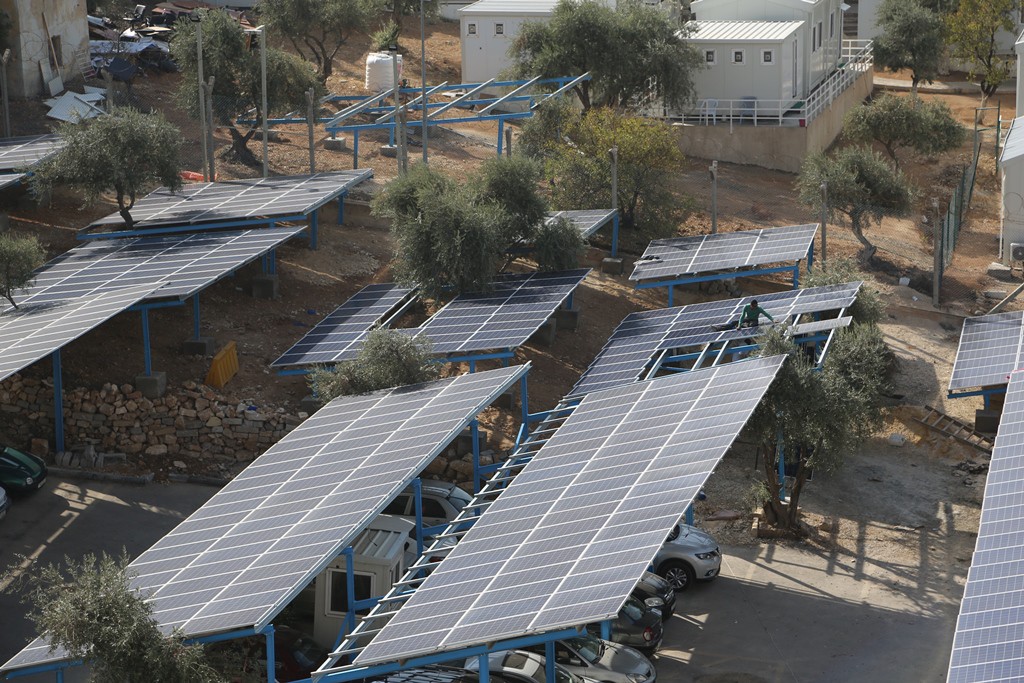| The World Food Programme has been operating in Jordan since 1964 and has, since then, pioneered an impressive amount of development projects in the region. Since the beginning of 2018, the WFP office in Jordan fully commits to using solar energy to power the office.
Its importance is clear taking into consideration that this solar panel system covers some 10,000 square meters of sun-soaking surface area, generating around 200 kW of power per hour. Compared to producing the same amount of energy through burning fossil fuels, the use of solar power reduces CO2 emissions by 23 tons.
In the words of the WFP Administration Officer Khaled Issa, this project represents their “best solution to be in line with the global trends for environmental conservation”.
With an average of over 300 sunny days per year, Jordan is one of the driest countries in the world. Lacking resources, the country produces most of its electricity by burning expensive and dangerous fossil fuels, which leave a major carbon footprint on the environment.
The EMG Peer Review of the Corporate Environmental Management of the World Food Programme’s Country Office in Amman in 2016, reported that a solar panel system was being installed around the premises. This system is now functioning and is used to cover 100% of the office’s electricity consumption.
 
Photo: WFP/Dina El-Kassaby
Mr. Issa describes the first results with much enthusiasm: not only does the use of solar power protect the environment, but it also leads to cost savings – money that can be redirected to helping the local population. |
